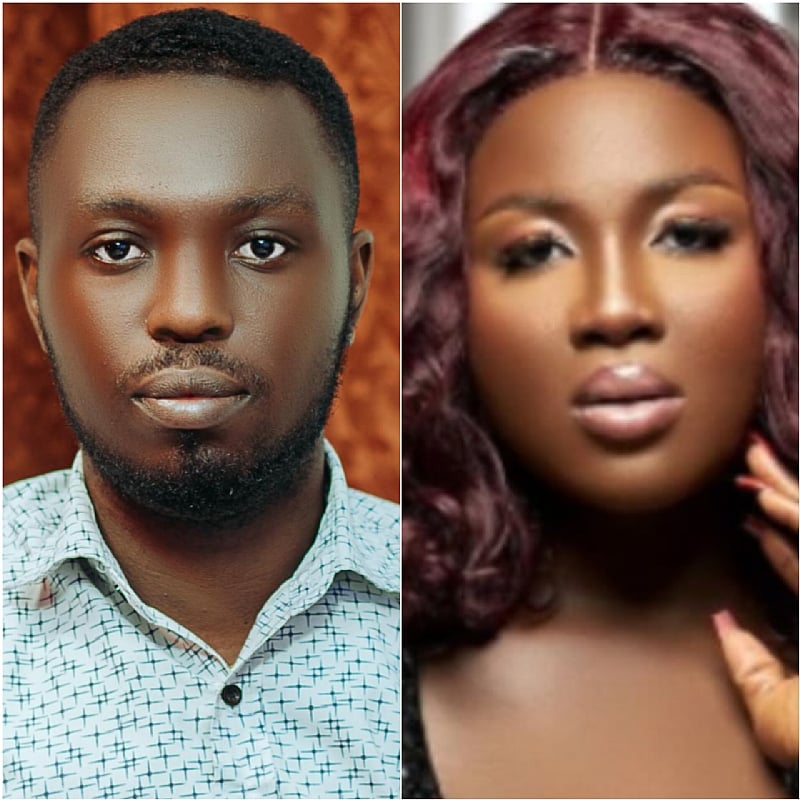Yaa Yeboah, a Ghanaian entertainment pundit, has recently found herself embroiled in controversy due to her commentary on various musicians. Her pronouncements, characterized by many as harsh and disrespectful, have drawn criticism from fellow media personalities who find her choice of words unprofessional and detrimental to the industry. The latest voice to join the chorus of disapproval is Edward Aganesh, a prominent media figure, who has publicly called on Yeboah to reconsider her approach to critique and commentary.
Aganesh’s critique centers on Yeboah’s alleged penchant for negativity and personal attacks, arguing that her commentary often crosses the line from constructive criticism to outright disparagement. He emphasizes the importance of responsible commentary, particularly for those with a public platform, highlighting that words carry weight and can significantly impact the individuals and industries they target. While acknowledging the role of critics in holding artists accountable, Aganesh stresses the need for fairness, integrity, and a constructive approach, traits he believes are lacking in Yeboah’s pronouncements.
Aganesh contends that Yeboah consistently uses her platform to belittle artists and sow discord within the entertainment industry, rather than fostering positive dialogue and growth. He argues that her comments frequently lack nuance, empathy, and basic respect for the artists who dedicate their lives to their craft. This lack of professionalism, he suggests, contributes to a toxic environment that stifles creativity and collaboration within the Ghanaian music scene. He underscores the distinction between constructive criticism, which aims to improve and elevate the industry, and derogatory rhetoric, which tears down and discourages artistic development.
The core of Aganesh’s argument revolves around the responsibility that comes with wielding influence as a public figure and media personality. He maintains that while freedom of expression is a fundamental right, it should not be used as a shield to justify demeaning and disrespectful behavior. Using one’s platform to denigrate others, he argues, is a misuse of power and ultimately harms the industry as a whole. He stresses the importance of using one’s voice constructively, to promote talent and foster growth while upholding accountability.
Aganesh concludes his appeal by urging Yeboah to reflect on the impact of her words and choose between contributing positively to the industry or respectfully stepping aside. He challenges her to embrace a more constructive approach to critique, emphasizing that promoting talent and holding it accountable are not mutually exclusive. He reiterates that genuine intention to build, rather than break, is essential for fostering a healthy and thriving entertainment industry. This call for reflection and change underscores Aganesh’s commitment to a more positive and collaborative environment within the Ghanaian music scene.
In essence, Aganesh’s public statement serves as a plea for greater responsibility and professionalism within the entertainment commentary space. He highlights the delicate balance between critical analysis and respectful dialogue, arguing that Yeboah’s approach has tilted too far towards negativity and personal attacks. He underscores the power of words and the importance of using one’s platform to uplift rather than tear down, ultimately arguing that a more constructive and collaborative approach is crucial for the continued growth and development of Ghana’s entertainment industry.














